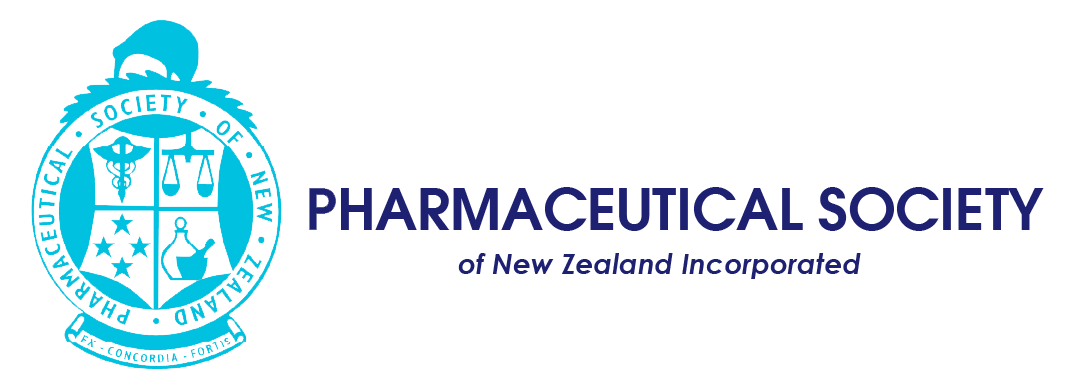WIN - WIN - Why mentoring matters
The mentoring relationship should be mutually beneficial to both participants. Positive mentoring experiences can be transformative for all the people involved and a beneficial development activity from which both mentees and mentors can gain a great deal.
The experience, insight and guidance provided by mentors is often invaluable to people at an earlier career stage and empowers them to identify and take their next step. The mentoring relationship (outside employment management structures) provides a confidential space to freely discuss goals and objectives.
In turn, mentors can develop their leadership and interpersonal skills, reflect on their own practice, and use their experience and expertise to support the development of others.
Academic researchsupports that both mentors and mentees report greater job satisfaction and greater fulfilment at work and other research suggests that those benefits overflow into improved and more productive workplaces.
| A safe and trusted space to focus on their development | Opportunity to develop key mentoring skills | Maximises pharmacists potential |
| Confidential and tailored support, guidance and ideas available | Opportunity to give back - enthusiasm and sense of accomplishment | Creates a culture of support and enablement |
| Advice, encouragement, and feedback is provided | Gain insight - learn more about the challenges, purpose and workload of other and less experienced colleagues | Creates a learning culture |
| Develop good effective communication skills | Strengthen communication skills | Improved communication |
| Reduces isolation | An expanded network of colleagues, especially if the mentor is part of a formal programme | Improves connection, reduces isolation in a disparate profession |
| Increase self-awareness of strengths and areas for improvement – learn to self-reflect | Increased self-awareness - the process of mentoring, guiding, supporting others may impact mentor’s own professional growth. Strengthens self-reflection | Develops leaders at all levels |
| Approach to professional and personal life and values is demonstrated. | Satisfaction of helping another person develop professionally and personally | Sense of community, of belonging |
| Develops knowledge and critical thinking | Reinforced/new knowledge and expertise | Sustainability and Growth |
| Improved confidence in dealing with challenges and dealing with uncertainty, change or transition | Develop leadership and management qualities | Builds mentoring capabilities and leadership skills |
| How to maintain a professional relationship | Potential for professional development | Benefit from diversity and improve inclusion across the profession |
| Networking Opportunities | Networking Opportunities | Expanded Professional networks |
| Provides professional recognition and affirmation | Increase in confidence and motivation | Improved cooperation and cohesiveness |
| Exposure to new and different perspectives | Gain new perspectives and fresh ideas about own work | Growth of profession |
| Improved Job Satisfaction | Improved job satisfaction and personal satisfaction | More engaged workforce |
Listen and watch as two passionate advocates for mentoring talk about their experiences:
Why the Power of Mentoring can Change the World - Shirley Liu (TEDxEDHECBusinessSchool )
If you want something, dream, dare, do it. If you want something extraordinary, dream, dare, do it with great mentors. If you want to learn a powerful lesson about yourself, become a mentor. Multi-cultural and a FT500 global executive, Shirley Liu is a passionate advocate for mentoring, psychology and organizational behaviour in business. Discover her personal story-telling of two menteesâ mirroring lives and the powerful insights it brought on life and social change. Learn how one by one, as we collectively advocate and act to make Mentoring a mainstream activity, you too can positively inspire those around you and change the world together.
The power of mentoring - Lori Hunt at TEDxCCS
Lori is the Director of Multicultural Services and Outreach at SCC. She has a master's degree in educational leadership from Washington State University and has worked in education for over 12 years at universities throughout the region before landing at CCS. Lori is a member of the American Association of Women in Community Colleges, and serves as a board member with the Washington Council for Higher Education.

